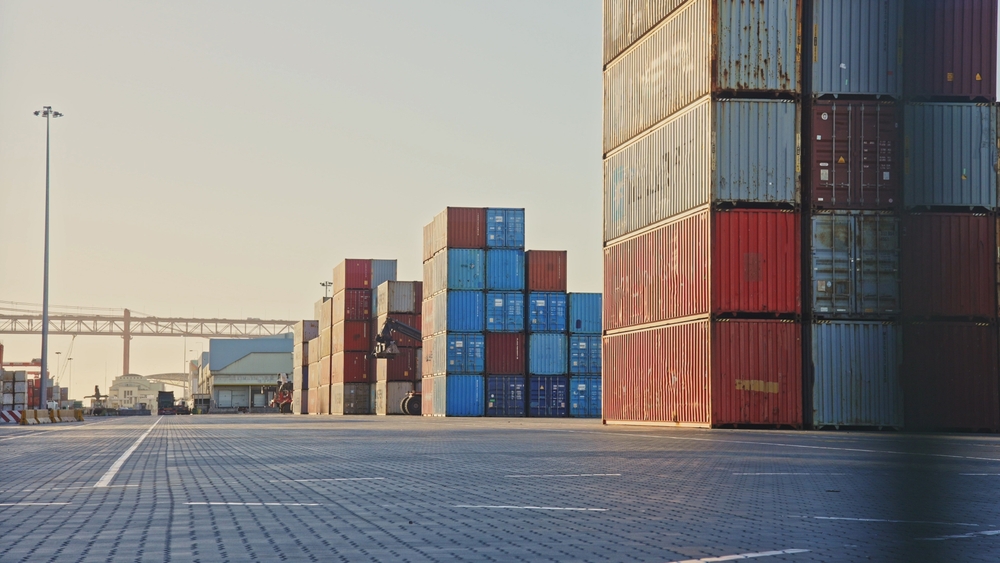Trump Finalizes Dual Agreements as August Tariff Deadline Nears
President Donald Trump has reached separate trade agreements with the Philippines and Indonesia, marking a significant move ahead of the looming August 1 deadline for higher tariffs. Both deals impose 19% tariffs on imports from the two nations, while exempting US exports from reciprocal duties.
The announcement followed a White House meeting between Trump and Philippine President Ferdinand Marcos Jr., where discussions centered around tariff reductions and strategic cooperation. Though no formal signing was confirmed, the administration emphasized the agreements’ substance, rather than optics. This deal with Manila is the fifth bilateral agreement reached in three months, as global partners scramble to avoid upcoming tariff hikes.
Philippines Offers Concessions to Secure Favorable Terms
The Philippine government signaled willingness to cut tariffs on select American products, potentially down to zero, in an effort to maintain access to the US market. Finance Secretary Ralph Recto hinted at the possibility of zero tariffs on US automobiles, though no official list of concessions has been disclosed.
The US imported $14 billion worth of goods from the Philippines in the past year, primarily electronics, machinery, processed foods and apparel. In return, it exported $9 billion in goods, including similar categories. Trump has praised the Philippines for committing to “open market” policies and military cooperation, placing the nation on his administration’s so-called “good list.”
Indonesia Agrees to Ease Non-Tariff Barriers
In parallel, Trump unveiled terms of the trade deal with Indonesia, which also sets a 19% tariff on Indonesian goods entering the US. The joint statement from both governments emphasized Indonesia’s commitment to eliminate key non-tariff barriers that had frustrated US exporters.
Among the changes, Indonesia will remove taxes on digital services, such as online advertising, and eliminate pre-shipment inspection requirements that had hampered US agricultural exports. The country also agreed to accept US vehicle safety standards and lift restrictions on the export of critical minerals, a move welcomed by the American auto and tech sectors.
Indonesia, the 23rd largest US trading partner, exported $28 billion in goods to the US last year, with apparel and footwear leading the list. US exports to Indonesia totaled $10 billion, led by oilseeds, grain, oil and gas.
Tariff Landscape Still in Flux
These agreements are part of a broader trade shift under the Trump administration, which has threatened sweeping tariff hikes on a range of goods and countries. Effective tariffs now vary from 10% universal rates to sector-specific surcharges of up to 50%, with copper, steel, aluminum and automobiles among the hardest hit.
Despite repeated warnings, the market has remained relatively stable, with investors largely discounting the potential impact of the August 1 deadline. However, countries without signed deals still face steep tariffs, particularly on copper and other industrial imports.


